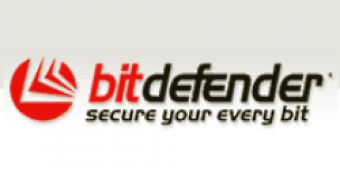A new security solution is heading for Windows Vista, Windows XP and Windows Home Server, courtesy of BitDefender. The Romanian-based company announced that the first public taste of BitDefender Total Security 2009 is just around the corner, as it is preparing to release its next iteration of the security products under the BitDefender brand umbrella into Beta testing in mid-May. Testers have in fact already started to receive invitations to participate in the Beta program for BitDefender Total Security 2009.
"Beta testing is the last in a series of steps we take to ensure that BitDefender customers receive the best possible protection", revealed Carmen Maierean, BitDefender Product Manager. "We are counting on great interest from the BitDefender user community and we are certain that the finished product will indeed meet their most exacting demands."
BitDefender Total Security 2009 sports a variety of new features, with a strong focus placed on protecting users' data beyond ensuring its integrity from malicious code corruption. In fact, the security solution will permit cloud storage through a flexible model designed to cater to specific user needs. In this context, BitDefender Total Security 2009 will offer what the company described as incremental, versioned and differentiated backup options.
But in addition, the security solution will also feature instant messaging encryption with support for Yahoo Messenger and Windows Live Messenger, File Vault for storing sensitive information, proactive protection technology and centralized management.
"The Security module protects your PC and your data against a broad range of threats (malware, hackers, unwanted content, phishing, various privacy threats), Backup and file encryption technologies help you manage your documents and protect your important files from loss and theft, PC Tune-Up keeps your PC optimized for peak performance, The Intuitive User Interface provides a hassle-free user experience", reads a fragment of the email.

 14 DAY TRIAL //
14 DAY TRIAL //